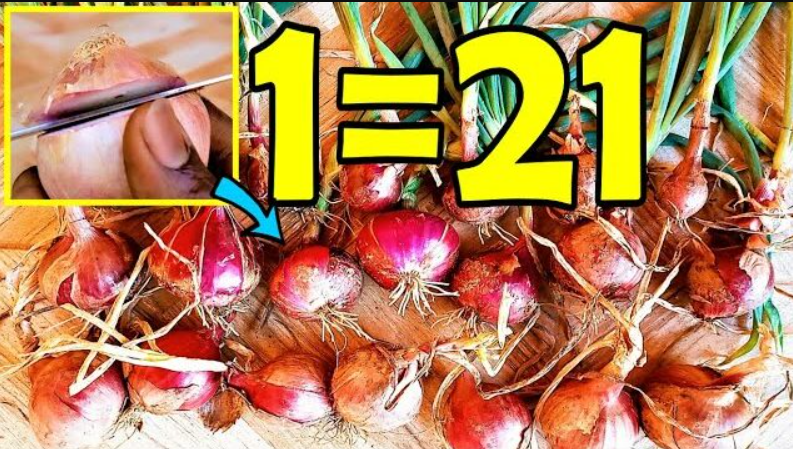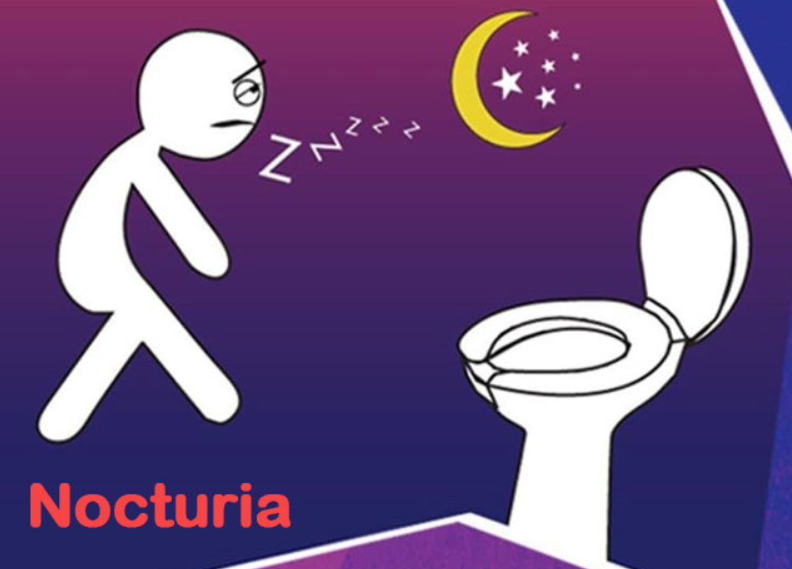Fruits are a natural source of critical nutrients, but some are more beneficial to diabetics than others. While fruits are generally healthy, those heavy in sugar might trigger blood sugar rises. Here are the ten fruits that diabetics should avoid or consume sparingly due to their high glycaemic index (GI) and glycaemic load (GL):
- Dried Fruits
All dried fruits, including raisins, dried apricots, and prunes, are high in sugar and should be avoided or eaten sparingly.
- Figs
Figs are nutrient-dense, yet heavy in sugar and calories, making them unsuitable for diabetics when ingested in big numbers.
- Grapes
Grapes, particularly the sweeter types, contain a high sugar content and can boost blood glucose levels more quickly than other fruits.
- Banana
Ripe bananas contain a high sugar content. If you prefer this fruit, choose less ripe bananas, which have slightly lower sugar content.
- Dates
Dates are extremely sweet and high in calories and carbohydrates, which can result in large blood sugar rises.
- Lychee
This tropical fruit, while nutrition dense, is heavy in natural sugars, which can swiftly raise blood sugar levels.
- Mango
Mangoes are high in sugar and carbs. Though they are strong in nutrients, their high glycaemic index can be concerning for diabetics.
- Cherries
Cherries have a lower GI than other fruits, but they are heavy in natural sugars and should be consumed in moderation.
- Watermelon
Watermelon, although refreshing, has a high GI. It is best ingested in tiny doses, if at all, as it can cause fast spikes in blood glucose levels.
- Pineapple
Pineapple has a high sugar content and a moderate to high GI, making it unsuitable for diabetics because it can cause blood sugar levels to rise rapidly.
Managing Fruit Consumption for Diabetics
- Portion Control: If you have diabetes, you must limit your portion sizes when eating fruit.
- Pair fruits with proteins or healthy fats to reduce their impact on blood sugar levels.
- Choosing Low GI Fruits: Choose fruits with a lower glycaemic index, such as berries, apples, and pears, as they have a slower effect on blood sugar.
- Monitoring Blood Sugar: Always keep track of how different fruits affect your blood sugar levels.
Fruits are an important element of a healthy diet, especially for diabetics; however, choosing the correct types and limiting intake will assist maintain optimal blood sugar management.
After reading this text you can also read about: Why You Should Eat Soaked Raisins Every Day!



